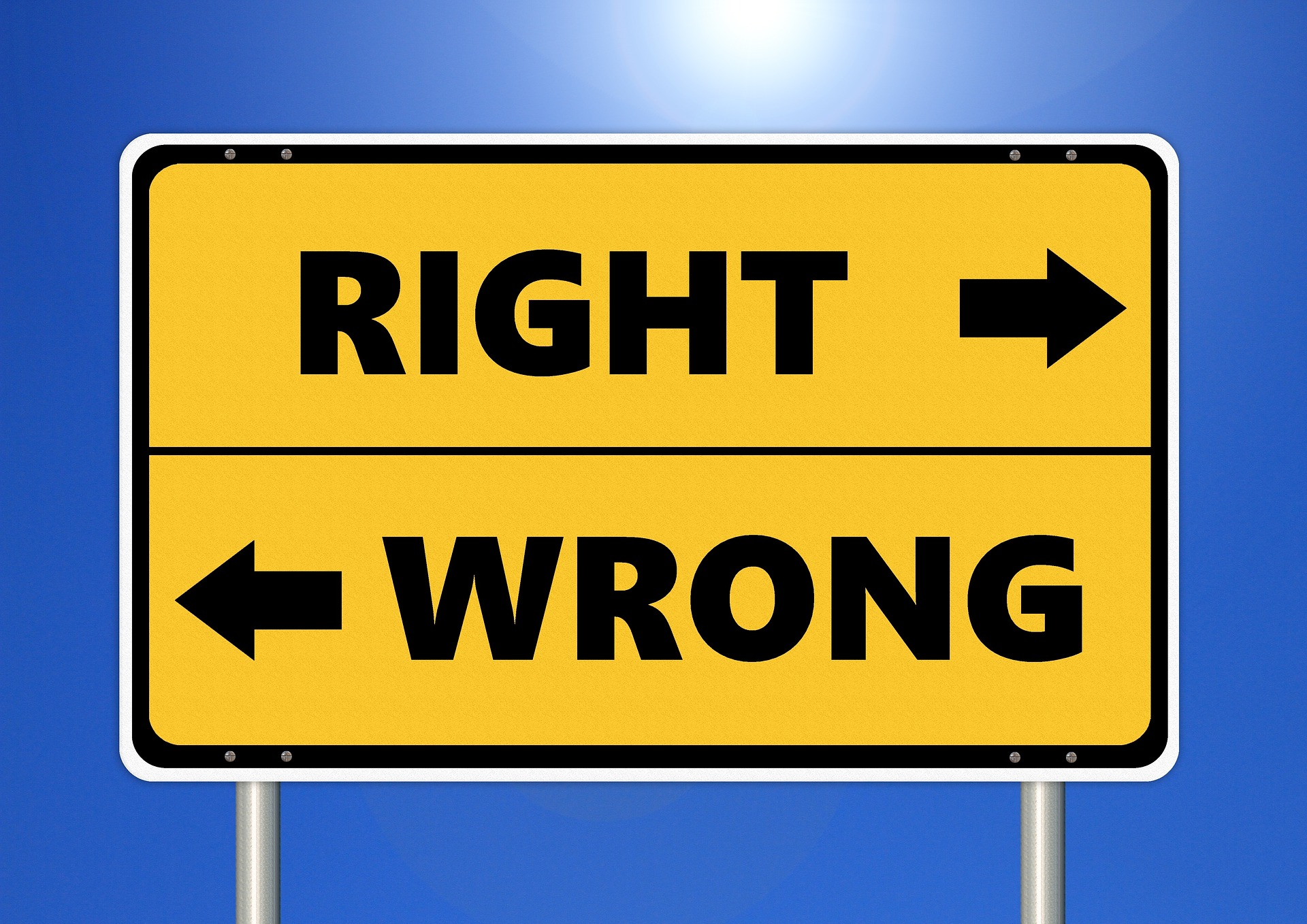
Are You Vulnerable to Doubt from Others at Work?
Similar to your personal leadership brand, to successfully navigate politics at work, you must have high levels of personal integrity. The foundation of ethical political savvy is high integrity and personal trustworthiness. That starts with conducting a personal integrity self-audit to be sure you are not vulnerable to doubt by others at work, which would decrease your strategic influence.
Why Conducting a Personal Integrity Self-Audit Matters
Despite excellent skills, expertise, and intentions, we know from our leadership simulation assessments that many new managers, and some experienced managers become victims of behind-the-scenes political forces. Blind to hidden agendas and the power relationships behind company decisions, they may not effectively build trust, create support for their ideas, gain the credit they deserve, or achieve desired career objectives.
Leaders who are straight with themselves and others about their standards of integrity have:
Conducting a Personal Integrity Self-Audit with Key Questions
The foundation of strategic influence is integrity — always considering what is best for the organization and the ethical thing to do in every situation. Consider the following questions:
Leaders with integrity consistently act in alignment with their words. Effective leaders use the power of integrity to maximize individual, team, and organizational success in a way that aligns with the company’s core values.
The Bottom Line
If you answer “Yes” to any of the above questions, you have some repair work to do in order to gain the trust of your coworkers. Make sure that you do what it takes to keep a pebble-sized integrity problem from becoming a boulder-sized integrity problem.
To learn more about increasing your strategic influence, please download Organizational Savvy — How to Understand Workplace Politics Strategies to Influence Others
Explore real world results for clients like you striving to create higher performance